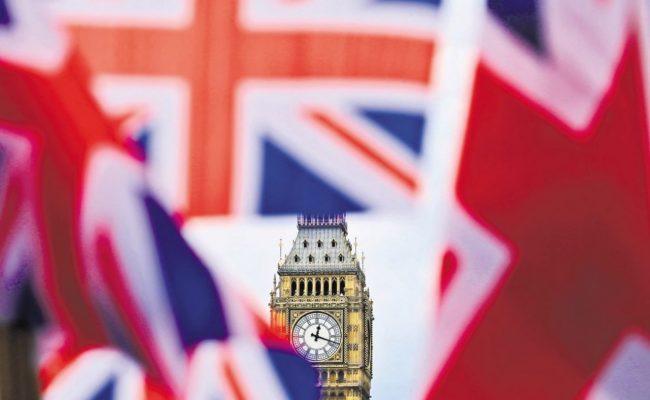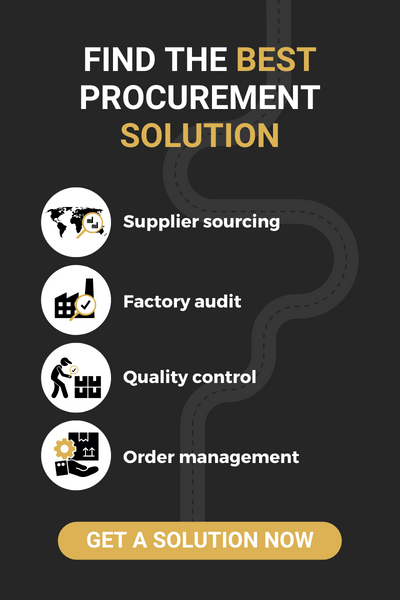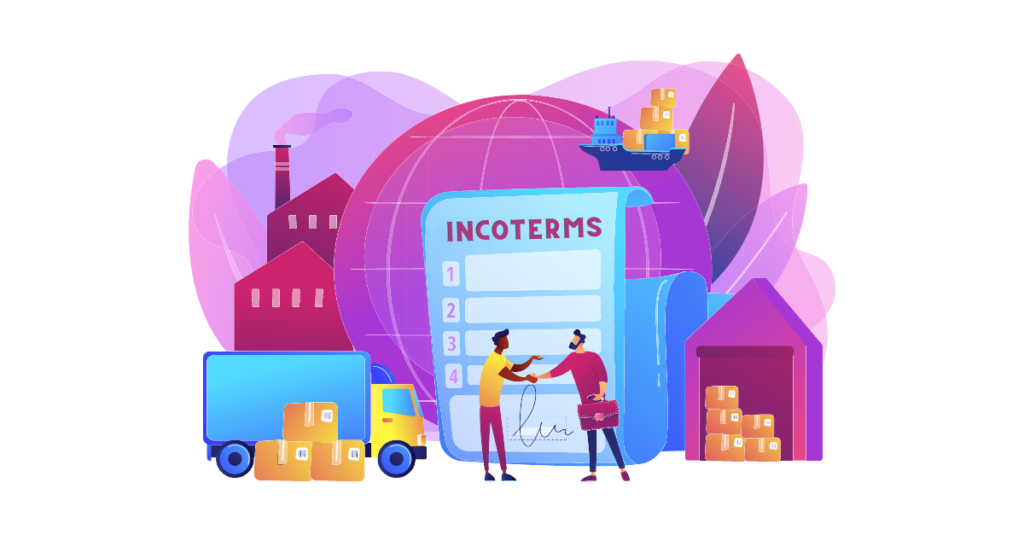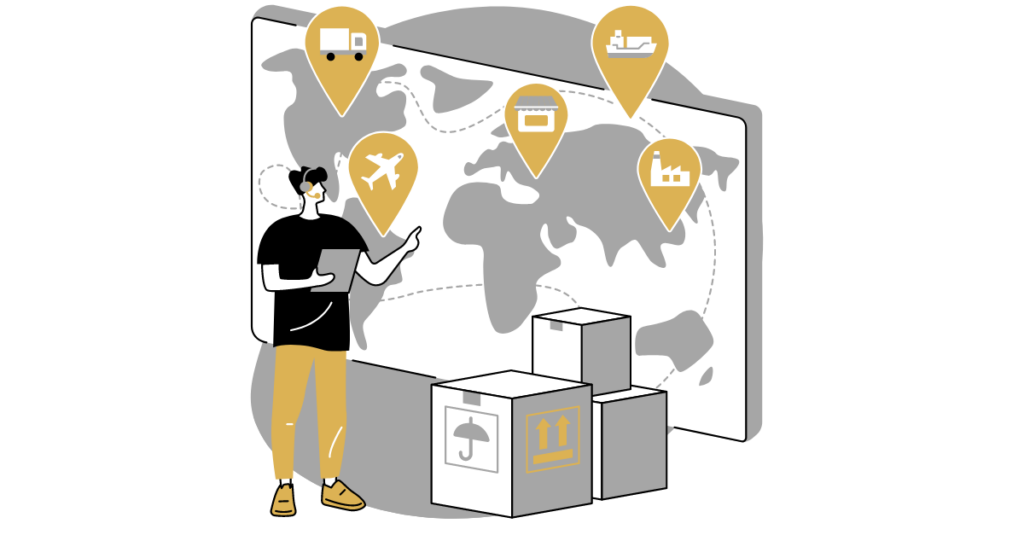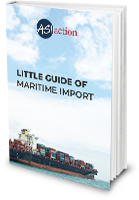The British government is planning a backup plan in case of a no-deal Brexit by reducing to zero all tariffs on 87% of imports.
In the aftermath of the rejection of the Brexit agreement by the House of Commons, the government has detailed the new customs regime that would be set up temporarily, for a maximum of 12 months, in case of exit from the European Union without agreement, allowing some time to set up a permanent customs system.
“If we leave the EU without an agreement, we will remove the majority of our tariffs, while maintaining them for some of the most sensitive industries,” UK Secretary of State for Trade Policy, George Hollingbery.
Deletion and reduction of custom duties
In practice, 87% of British imports would be exempt from customs duties in the event of a no-deal Brexit, against 80% today. More specifically, 82% of imports from the European Union would not be subject to tariffs, compared to 100% today. The 27 would therefore be temporarily losing on the commercial level. Conversely, 92% of imports from the rest of the world would no longer be taxed, compared to 56% currently. The United Kingdom would thus open up more to the world market.
Products affected by the elimination of customs duties will include aluminum, steel, televisions, carpets, weapons and ammunition, shoes, paper … Others will be subject to a drastic drop. This is for example the case of textile products (8 to 0.9%), glass (5 to 0.2%), ceramic products (4.8 to 1.2%).
Protecting producers and limiting price surges
Some other imports like meat, shoes, underpants and cars will go up. The purpose of this decision is twofold. By introducing tariffs on food products imported from the European Union, the United Kingdom seeks to protect its local producers from foreign competition. At the same time, lowering tariffs for non-EU member states would limit price hikes and the risk of shortages.
Note that the UK imports 50% of their food products. However, the reinstatement of WTO rules involving higher tariffs would have led to an increase in food prices with an estimated bill of 9 billion pounds for consumers.
Reducing the risk of relocation
Through this unilateral strategy, London is also trying to reassure the big foreign groups settled in the United Kingdom by giving the image of an even more liberal country.
The government wants to limit the risk of plant closures. To this end, it sent a strong signal to car manufacturers stating that they would be “not subject to additional customs duties on parts imported from the EU to avoid disruption of supply chains”. added George Hollingbery. Finished cars, on the other hand, will be taxed at 10%.
Pushing the E.U. into a corner
This decision finally allows the United Kingdom to push the European Union into a corner. With this new plan, British leaders want to show that even without agreement with the band of 27 countries, they will be able to take the reins of their trade policy to avoid an economic disaster.
If the scenario of a no-deal Brexit were to occur, the European response to these announcements will obviously be watched closely. For the time being, European Commission spokeswoman Margaritis Schinas said the European Union is “taking into account this proposed list of customs duties” and will be analysed to ensure “compliance” [ …] under WTO law and Community law “.
He added that in the absence of an agreement, “the EU will apply its normal trade regime” to the United Kingdom, namely “the rules that prevail internationally”. The European Union should therefore restore its common customs tariff for outside countries unless it decides in addition to retaliatory measures.
No control at the Irish border
The UK government has specified that the new regime would not apply to imports from countries with which the United Kingdom has already concluded a free trade agreement (such as Switzerland), as well as to about 70 developing countries that have preferential access to the UK market.
The government also stated that it would not apply tariffs or carry out customs controls on goods passing through the Northern Ireland border.

